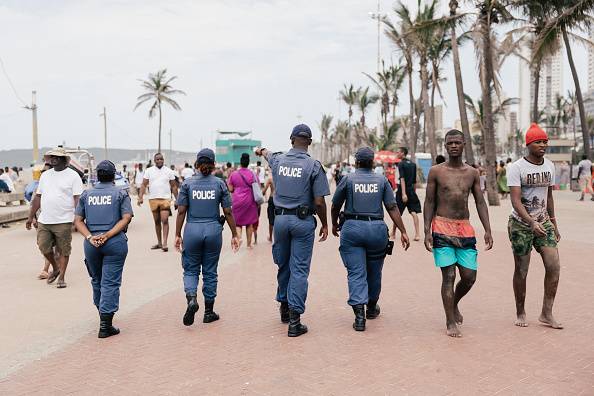SEOUL, South Korea — North Korea has told Japan it plans to launch a satellite by early next week, an apparent effort to put its second military spy satellite into orbit.
The launch notification came as leaders of South Korea, Japan and China gathered in Seoul for their first trilateral meeting Monday.
Japan’s coast guard said it was notified by North Korea about its planned launch of a “satellite rocket,” with safety cautioning in the waters between the Korean Peninsula and China and east of the Philippine island of Luzon beginning Monday and running through midnight June 3.
North Korea gives Japan its launch information because Japan’s coast guard coordinates and distributes maritime safety information in East Asia.
Japanese Prime Minister Fumio Kishida instructed officials to cooperate with the United States, South Korea and other countries to strongly request North Korea not to go ahead with the launch and to take utmost measures in case of any contingency, his office said.
The launch plan likely refers to the North’s push to launch its second military spy satellite into space. South Korea’s military said Friday it detected signs that North Korea was engaging in activities believed to be preparations to launch a spy satellite at its main Tongchangri launch facility in the northwest.
Last November, North Korea sent its first military reconnaissance satellite into orbit as part of its efforts to build a space-based surveillance network to cope with it calls U.S.-led military threats. North Korea has said it needs spy satellites to better monitor the U.S. and South Korea’s moves and enhance the precision-strike capability of its nuclear-capable missiles.
North Korean leader Kim Jong Un later told a year-end governing party meeting that the country would launch three additional military spy satellites in 2024.
The U.N. bans North Korea from conducting any satellite launches, viewing them as covers for testing its long-range missile technology. North Korea has steadfastly maintained it has the right to launch satellites and test missiles.
The North’s November satellite launch deepened tensions on the Korean Peninsula, with both Koreas taking steps to breach their 2018 agreement to reduce military tensions.
In recent years, North Korea has been engaged in a provocative run of missile tests to modernize and expand its weapons arsenals, prompting the U.S., South Korea and Japan to strengthen their security partnership in response. Experts say North Korea likely believes an enlarged weapons arsenals would increase its leverage in future diplomacy with the U.S.
North Korea wasn’t among matters listed on the official agendas for Monday’s trilateral meeting between Kishida, South Korean President Yoon Suk Yeol and Chinese Premier Li Qiang.
But during a bilateral meeting with Li on Sunday, Yoon asked China, as a permanent member of the U.N. Security Council, to contribute to promoting peace on the Korean Peninsula, while speaking about North Korea’s nuclear program and its deepening military ties with Russia, according to Yoon’s office.
South Korea, Japan and the U.S. have long urged China — North Korea’s major ally and economic pipeline — to use its leverage to persuade the North to abandon its nuclear ambitions. But China is suspected of avoiding fully enforcing U.N. sanctions on North Korea and sending clandestine aid shipments to help its impoverished neighbor stay afloat.
On Sunday, North Korean Vice Defense Minister Kim Kang Il threatened to take unspecified “offensive action” in response to what he described as South Korean navy and coast guard ships violating the rivals’ disputed western sea boundary, which has been the scene of several bloody maritime skirmishes in recent years.
He also vowed to retaliate against South Korean activists flying anti-Pyongyang propaganda leaflets across the border.
___
Yamaguchi reported from Tokyo. Associated Press writer Kim Tong-hyung contributed to this report.





















Discussion about this post